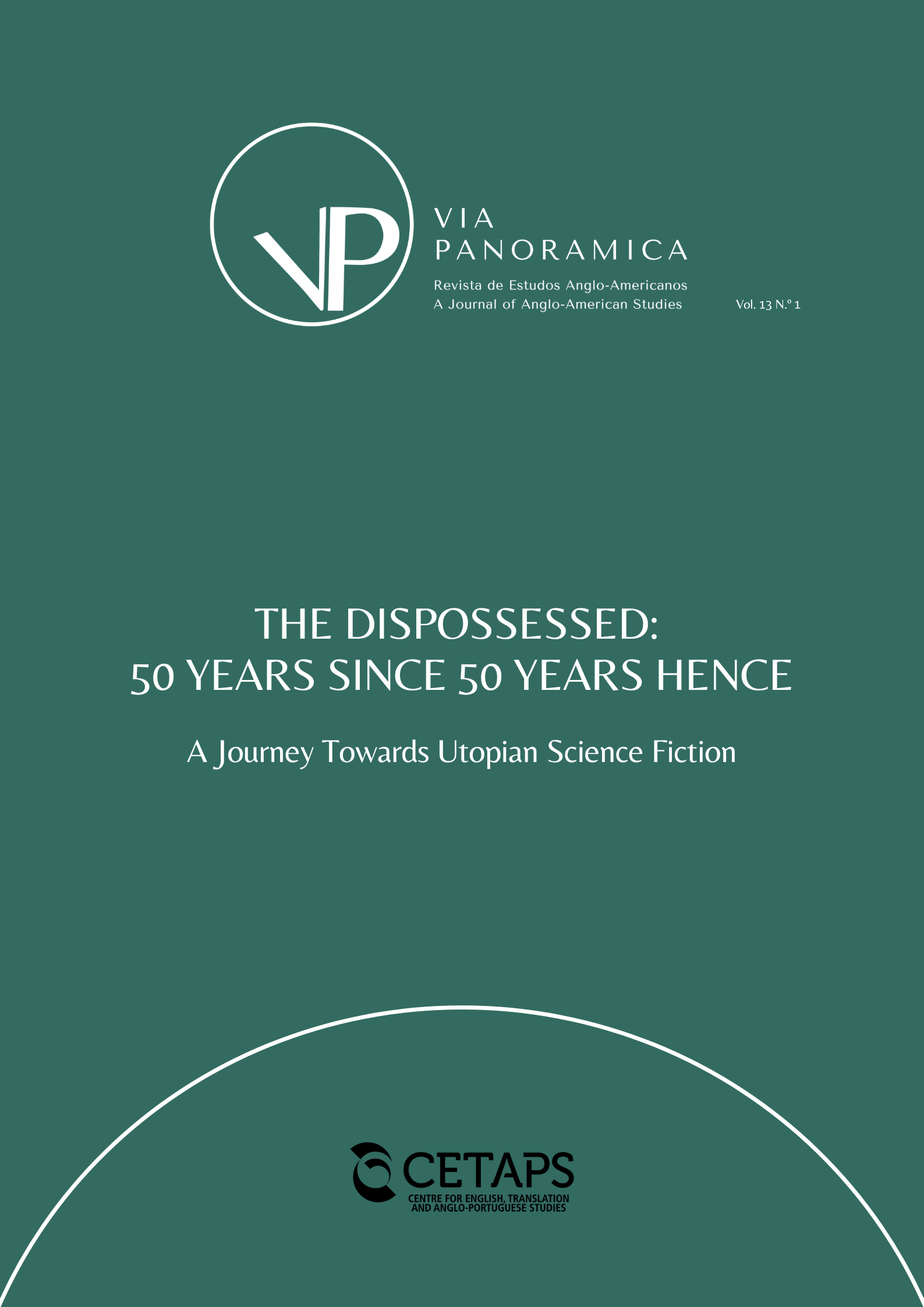False History, False Gods: The Connection between Power and Information in Dune (1965) and City of Illusions (1967)
Palavras-chave:
Dune, City of Illusions, Poder, Informação/Desinformação, OpressãoResumo
RESUMO: A análise de como o controlo e divulgação da informação acontecem tem recentemente aumentado exponencialmente, devido principalmente ao aumento da desinformação por parte daqueles que estão no poder (pretendem obtê-lo ou expandi-lo). Tendo-se aparentemente normalizado — ainda que não seja de todo uma ocorrência recente — durante a Campanha Presidencial Americana de 2016, a dependência da desinformação para orientar a opinião pública tem também vindo a caracterizar, por exemplo, a ascensão dos partidos políticos de extrema-direita como o Chega (Portugal) ou o Vox (Espanha) assim como a forma como os conflitos na Ucrânia e em Gaza são retratados nas redes sociais. Tornou-se, portanto, obrigatório recorrer a plataformas de fact-checking mas, acima de tudo, ao nosso próprio pensamento crítico e capacidade de examinar a informação e as suas fontes. Como resultado, parece ser relevante também analisar este assunto na literatura, de forma a tentar obter algum conhecimento sobre como navegar e mitigar o problema. Este artigo tem como objetivo examinar como a informação, a história e as lendas são instrumentalizadas por diferentes entidades para oprimir aqueles que têm menos poder em Dune (1965) de Frank Herbert e City of Illusions (1967) de Ursula K. Le Guin, e ainda considerar a presença, em ambos os romances, de elementos de esperança na libertação da opressão através da descoberta da verdade, seja ela qual for. Para isto, momentos-chave e representativos dos romances são brevemente contemplados e depois comparados, estabelecendo uma espécie de diálogo entre os imaginários respetivos de Herbert e Le Guin.
Downloads
Publicado
Como Citar
Edição
Secção
Licença
Direitos de Autor (c) 2024 Via Panoramica: Revista de Estudos Anglo-Americanos / A Journal of Anglo-American Studies

Este trabalho encontra-se publicado com a Creative Commons Atribuição-NãoComercial 4.0.




